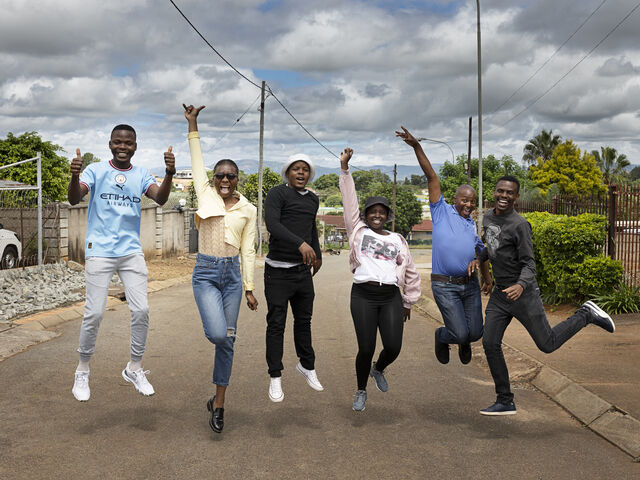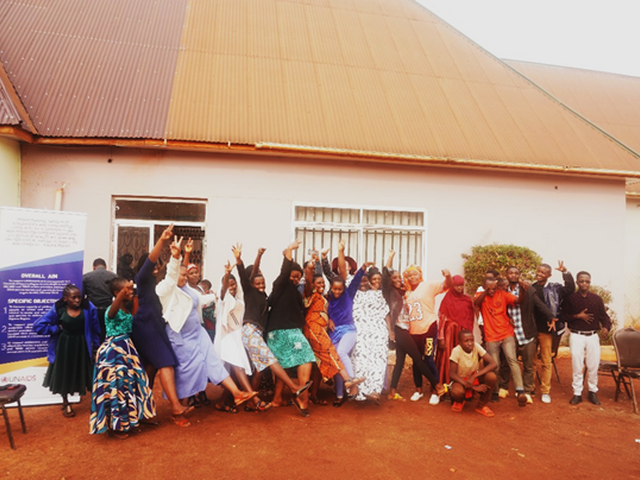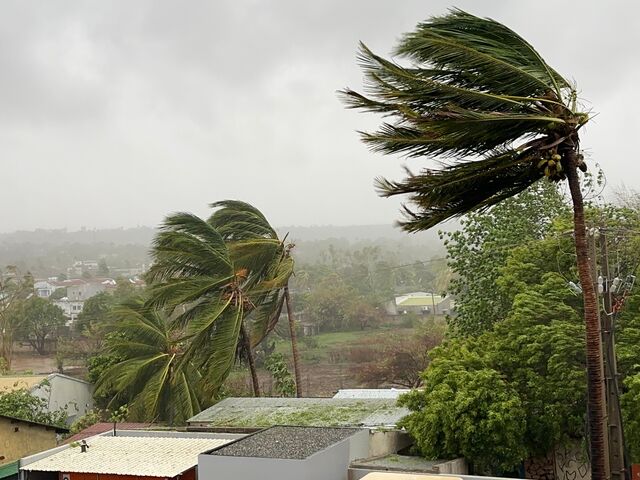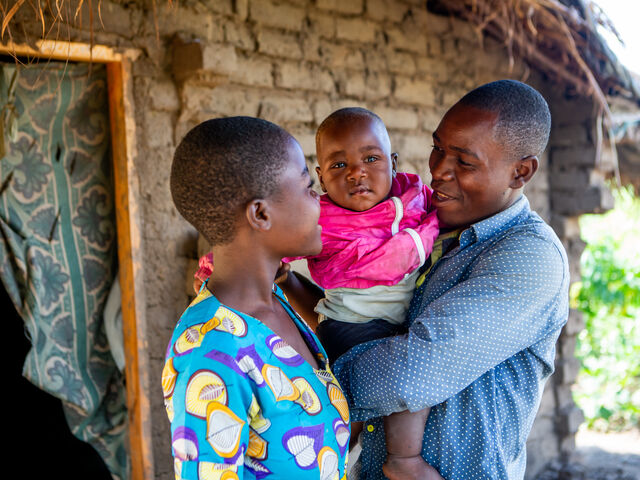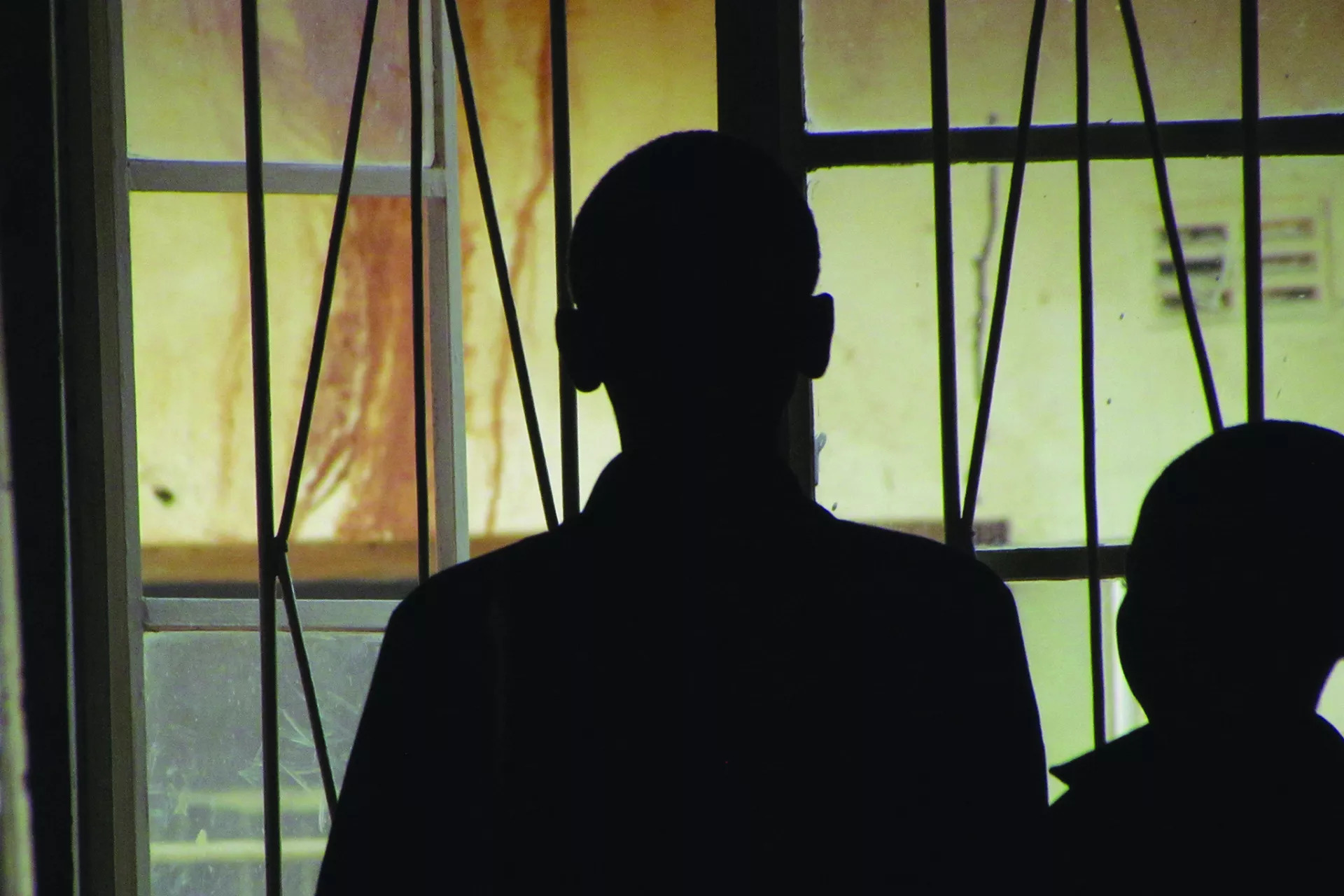
When Pindai, a mother of two, lost her daughter Jane to an AIDS related disease, she turned to the Community Adolescent Treatment Supporters (CATS), a decision that saved her remaining son. Growing up in Mudzi District to the East of Zimbabwe, Jane had always been a sickly child.
“Jane experienced poor health from a young age and had numerous visits to the clinic for various treatments It was only when she was 19 years old in 2020 that she finally got tested for HIV and tested positive,” her mother said.
Even after Jane tested HIV positive, Pindai was in denial opting to visit traditional healers instead of the medical advice given by Health Care Workers as well as the CATS who had started supporting Jane.
The CATS are a creation of the Zvandiri programme which is funded by the SIDA/UN joint supported 2gether 4SRHR through Africaid, an implementing partner of UNICEF Zimbabwe. The programme has developed a peer support system to for people to achieve better HIV, health and protection related outcomes particularly for children living with HIV.
Even the name of the programme - Zvandiri - which means ‘As I am’ in Shona – is an appeal to society to stop stigmatizing HIV by accepting people living with HIV, as they are. It aims to reach children, adolescents and young people aged between 6 and 24 years.
Pindai embraces CATS guidance
Jane’s death was devastating to the CATS who had been supporting her throughout her illness. When they visited her homestead to pay their last respects, they noticed Jane’s young brother John, who appeared to be small for his age.
A CATS supporter said: “When we noticed how fragile and small John looked, we alerted a Zvandiri Mentor who advised Pindai to take her son for HIV Testing Services (HTS). Pindai was reluctant fearing having to talk to her son about HIV as it would be hard to convince him to take a test.”
The counselling and her past experiences with her late daughter meant she was able to convince John to take a test. Pindai herself is also HIV positive.
“I have got another chance to do things differently and I will follow through everything I am advised to do at the clinic so that my son can live. I cannot bury two of my kids, she said.”
John whose interaction with CATS helped him to understand his situation said he was grateful for the advice he got.
“I am at peace with my HIV result, and I am glad that I have started to take medication before falling seriously ill. I will religiously adhere to my medication.
Pindai’s family continues to receive enhanced care from the Zvandiri team and CATS until John becomes stable enough to not need as much support.
UNICEF is providing funding for Africaid in Mudzi district with the aim to reduce morbidity and mortality for children, adolescents and young people living with HIV.
Late diagnosis has been recognized as one of the major reasons why young people die due to HIV, which can be avoided if Antiretroviral Therapy (ART) is initiated early.
According to Africaid, to reduce deaths among young people, it is imperative that they are referred for testing and their caregivers are given information which can help them support their children.
The Zvandiri District Teams visits homesteads like Pindai’s where the dangers of delayed diagnosis are explained, and counselling is provided.
Many people view HIV as something that only happens to others, a condition for those who are sexually active and not something that can affect children and young people. Reality, however, shows differently: HIV affects and infects all ages and is acquired in other ways that are not necessarily sexual.
Today, John and Pindai are on the same treatment and support each other in adherence to their medication.
